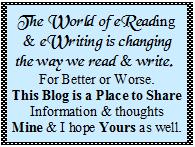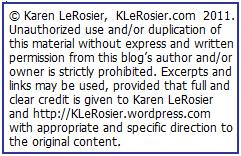Amazon compiled a list of 20 cities based on their sales of printed and Kindle format book, magazine, and newspaper sales for the first 5 months of 2011. Only cities with populations over 100,000 were used.
Amazon’s rather arrogant assumption is that their sales data reflects the reading habits of all American readers, including library users and others who do not buy reading material from Amazon but do indeed read regularly. Perhaps their data does represent a liable random sample similar to the Nelson ratings, perhaps not. The problem is better data is not available since,
Book Publishers and Bookstores are notoriously
stingy with statistical data for the buying habits
and demographics of their consumers.
My point?
If Amazon is the only one compiling and sharing data, then their statistics are all we have to use. (Just another nail in the coffin for traditional publishing practices.)
So on with my Top Ten Tuesday List:
 1. Cambridge, Massachusetts
1. Cambridge, Massachusetts
 2. Alexandria, Virginia
2. Alexandria, Virginia
 3. Berkeley, California
3. Berkeley, California
 4. Ann Arbor, Michigan
4. Ann Arbor, Michigan
 5. Boulder, Colorado
5. Boulder, Colorado
 6. Miami, Florida
6. Miami, Florida
 7. Salt Lake City, Utah
7. Salt Lake City, Utah
 8. Gainesville, Florida
8. Gainesville, Florida
 9. Seattle, Washington
9. Seattle, Washington
 10. Arlington,Virginia
10. Arlington,Virginia
Cities 11 through 20 on Amazons list; Knoxville, TN; Orlando, FL; Pittsburgh, PE; Washington DC; Bellevue, WA; Columbia, SC; St. Louis, MO; Cincinnati, OH; Portland, OR.
 Due to popular demand I managed to dig up ten more Kindle Jokes. Some are not so funny but hey, beggars can’t be choosers 🙂
Due to popular demand I managed to dig up ten more Kindle Jokes. Some are not so funny but hey, beggars can’t be choosers 🙂






















